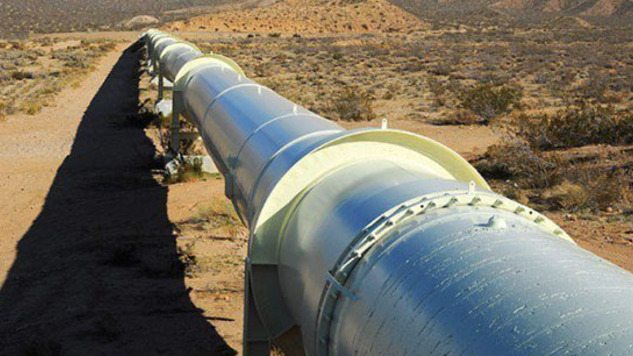Landlocked country Uganda has has announced it will construct a major oil pipeline to export its oil through Tanzania. The decision comes following the collapse of talks between Kenya and Uganda on the oil pipeline. Kenya has decided to go it alone in the construction of a crude oil pipeline that will end at the Lamu Port.
The decision, reached by President Yoweri Museveni and President Uhuru Kenyatta, was announced at the close of the 13th Northern Corridor Integration Projects Summit that was held in Kampala.
The announcement comes after Kenya pulled out of the negotiations table with Uganda for a single pipeline project. This is after the talks were dragged on for long and threatened to paralyzed Kenya’s preparations for the construction of oil pipeline.
The two countries have however agreed to continue cooperating on issues of petroleum because both countries are new comers in the industry.
In a a joint communique read out at the end of the Summit, the two leaders also siad that the integration projects have made big steps with the Kenya section of the Standard Gauge Railway being the best example.
The construction of the Mombasa-Nairobi SGR section is now at 75 percent and its completion is scheduled for 2017.
In addition, commercial contract and financing agreement for the construction of Nairobi-Naivasha SGR part has been signed and its construction is expected to start by September.
Kenya has also entered into an agreement with China Communication Construction Company for the Naivasha-Kisumu-Malaba parts and also the construction of a modern port at Kisumu and the Kenya Government is currently sourcing funding.
Preparations are at advanced stages and the Ugandan part of the SGR and the Ugandan Government has entered into a commercial agreement with China Habour Engineering Company for the construction of the Malaba-Kampala section.
On ICT sector, the two states are working to come up with a framework for regional data roaming with a proposed maximum retail tariff of Ksh11.
The member states have already approved a joint Regional Broadband Strategy and are working on the development of a legal framework to check on vandalism of fibre optic infrastructure.
